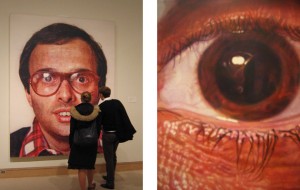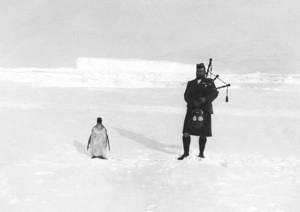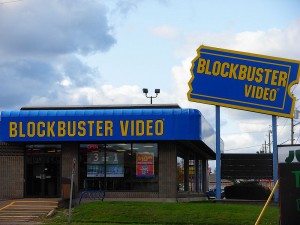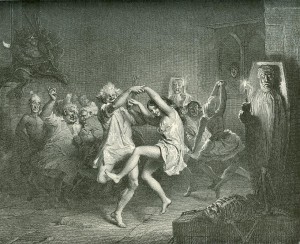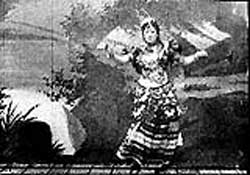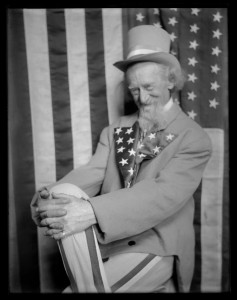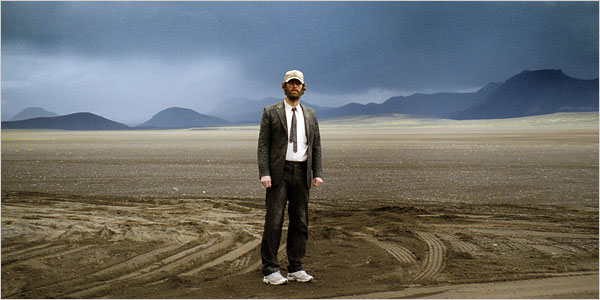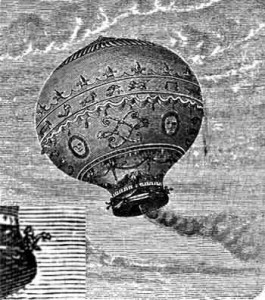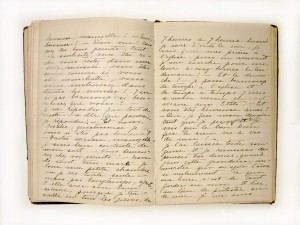The Beatles and Steve Jobs famously feuded over the Apple name, and the Fab Four even had an Apple store–the Apple Boutique–while Jobs was still in grade school. British Pathé was on hand for the groovy opening on Baker Street in London. George and John dropped by to mug for cameras and greet shoppers, who were adorned in everything from furs to monocles. Psychedelic fashions and inflatable furniture were for sale, and writer Kenneth Tynan was among the notables to show up. Watch it here.
More Featured Videos:
- “Terminal Bar,” erstwhile NYC dive. (2003)
- Bruce Lee playing ping-pong with nunchucks.
- Four-minute Miranda July film.
- Bulldog watching Family Guy.
- Bay Area self-help video.
- The most horrifying PSA ever.
- Iranian guy washes lion on city sidewalk.
- A 14-year-old kid interviews John Lennon in 1969.
- Synchronized fake slow motion.
- Dog confused by escalator.
- Joseph Siegenthaler’s “Busta LeGros” (2004)
- Drug-dealing parrot arrested.
- Newton, the household robot. (1989)
- Japanese binocular soccer.
- Henry Miller has dinner. (1979)
- Guy in dog make-up sings about Jesus.
- Bruce Lee’s Adventures in Oakland.
- Color film footage from 1922.
- Ryan smack talks your significant other.
- Ryan smack talks the funny way you walk.
- Cruise ship interior during storm.
- Nick Gomez, aspiring comedian.
- Karate keyboard man.
- Bruce Lee screen test. (1964)
- Jaw-dropping Glamour Boyz music video from the ’80s.
- Steven Lee really likes guns.
- Rejuvenique Beauty Mask infomercial.
- Kermit the Frog sings LCD Soundsystem.
- Freedomland Amusement Park in the Bronx. (1963)
- George Bernard Shaw in Miami in 1936,
- Peter Lemongello sings in 1976.
- Teaching English swear words.
- Breakdancing in NYC in 1898.
- Polanski weds Tate in London. (1968)
- Sir Arthur Conan Doyle interview.
- Handsome guy mask.
- Mean jerks mock girls.
- Cringe-worthy 1978 telethon performance.
- School for aspiring beatniks. (1961)
- Phil Levine has been collecting cool crap for 52 years.
- Tiny Tim sings about the apocalypse to small children.
- Patti Smith sings Debby Boone on a children’s show in 1979.
- Ridiculously large vending machine in France.
- Ricky Gervais hassles Elmo.


